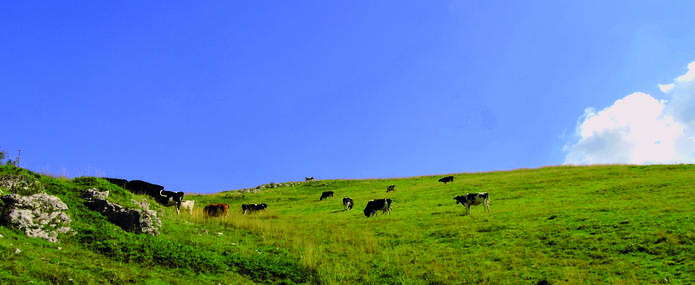Long-term pathways & theory of change
The Deep Decarbonization Pathways Project is continuing to flourish and to influence energy policy in the 16 countries concerned, and IDDRI, in association with Rothamsted Research and the Sustainable Development Solutions Network (SDSN), has thus launched a similar process aimed at transforming agricultural and food systems through the Agricultural Transformation Pathways Initiative (ATPI).
The theory of change is identical for this initiative: supporting the consolidation of a public national debate by coordinating research by local teams in order to clarify the terms of change and by involving these teams in an international learning platform.
Countries joining the project
Seven country teams have already joined the project, developing numerous solutions and tools that may contribute to changing systems: France, United Kingdom, Netherlands, Tunisia, China, Uruguay and New Zealand.
For example, the work undertaken by the Uruguayan teams1 clearly illustrates this theory of change: thanks to the definition of ambitious long-term goals to make extensive cattle rearing sustainable, it has enabled some very practical discussions on the feasibility of an alternative scenario to the intensification underway in the other countries of the region. This scenario has led to the definition of a roadmap for 2030 that has been validated by the whole sector and chain. Uruguay has subsequently deployed this long-term participatory approach to increase the sustainability of the dairy and rice sectors.

Publication of the Agricultural Transformation Pathways Initiative 2016 Report
Lessons drawn from similar exercises conducted in different countries were presented on the international scene, within various bodies such as the HLPF (New York, July 2016), the Committee on World Food Security (Rome, October 2016), the European Commission (Brussels, May 2016) and COP22 (Marrakech, November 2016).
- 1Instituto Nacional de Investigación Agropecuaria (INIA), Oficina de Programación y Política Agropecuaria (OPYPA), Uruguayan office of Columbia University’s International Research Institute for Climate and Society (IRI)

